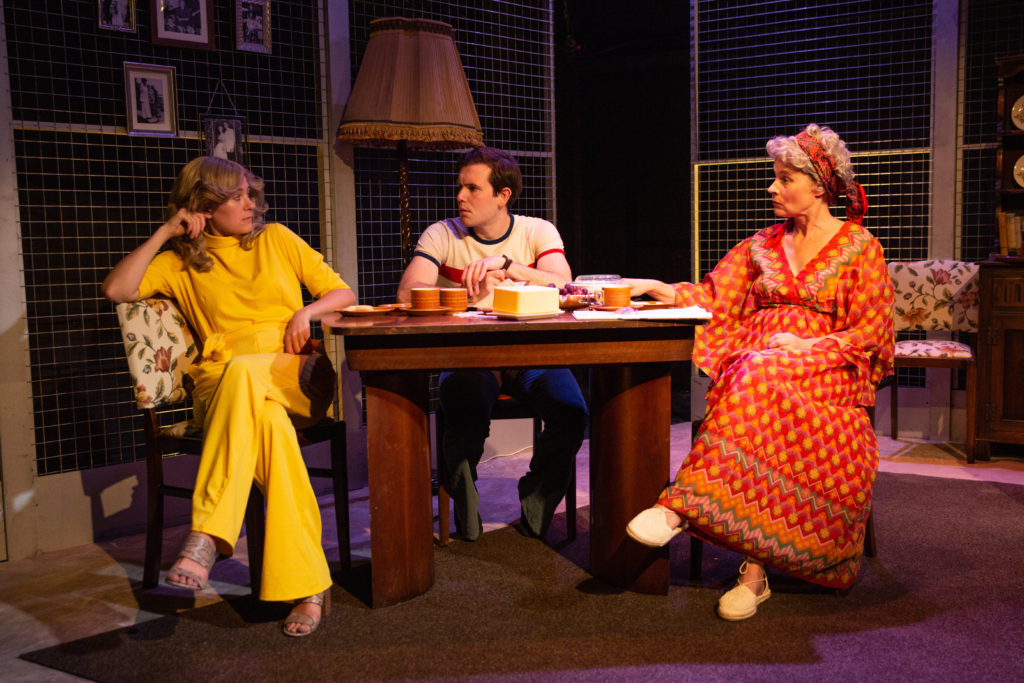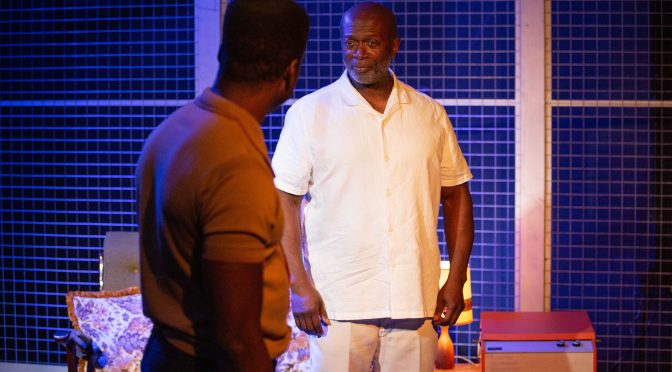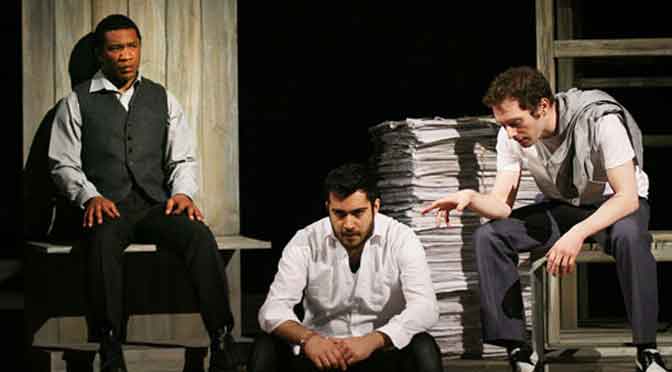Set in the 1970s, in what was then Rhodesia, Alexander Matthews’ play is both a family drama and a piece about racism. The style of writing is interesting, and the performances are good. Unfortunately, My One True Friend falls short dramatically.
There isn’t enough tension in the play. It’s understandable that director Antony Law uses voiceovers in scenes about the country’s dangerous curfews. But while this action may work on the page it fails on stage. Instead we’ve a warring family, led by a matriarch called Lady L, whose problems aren’t clear. And a dilemma, of sorts, for long-suffering servant Kapenie. In both cases, the characters are too poorly developed. Kapenie is a saintly figure, described as “serene”, which is exactly what Mensah Bediako, who takes the role, delivers. Meanwhile, Lady L’s lament that she has become “just an old woman with a sharp tongue”, ignoring her awful racism, is painfully close to the truth. Like Bediako, Suzanna Hamilton makes the part watchable. Both performers add some dynamism, but neither is given much to work with.

Instead of plot or character, it is language that interests Matthews and here he offers plenty. That’s not just a reference to how verbose the text is. Alongside plenty of philosophical buzzwords, characters speak about the structure of their argument as they go, explaining their rhetorical strategy with a mix of logic and psychology. The result is engaging, if a little odd.
It must be stressed that the delivery of this sometimes overwhelming verbiage is good. Theo Bamber and Lucy Lowe, as Lady L’s children, have a petulant edge and turn their arguments into dangerous games. More seriously, in outlining his persuasive techniques to get his grandfather to emigrate to America with him, Joseph Rowe makes his role feel urgent and his character inspiring.
The text is wonderfully detailed and clear to a fault; Matthews fights against nuance with a compulsion. And the technique provides genuine insight. But the tone is dry and demands a lot from an audience. It doesn’t have to be like this: the scene of Lady L’s birthday party, with the help of a little punch, is potentially funny (a PoMo take on a drawing room comedy?). It’s a shame Law didn’t pursue this variety. Ironically for a piece with so much talk, Matthews needs to give us more: in back stories for characters and historic information about what’s going on outside the house. Epitomising the problem is a horribly truncated finale – almost a bad joke, with no sense of resolution. We end up learning and feeling too little, with the sense of a play that needs to be a lot longer and say much more
Until 14 September 2019
www.actorscentre.co.uk/theatre
Photos by Mark Senior


